- Africa's energy demand is expected to increase by a third over the next decade as population grows and industrializes
- To meet this energy demand, Africa's power generation capacity will need to increase tenfold by 2065
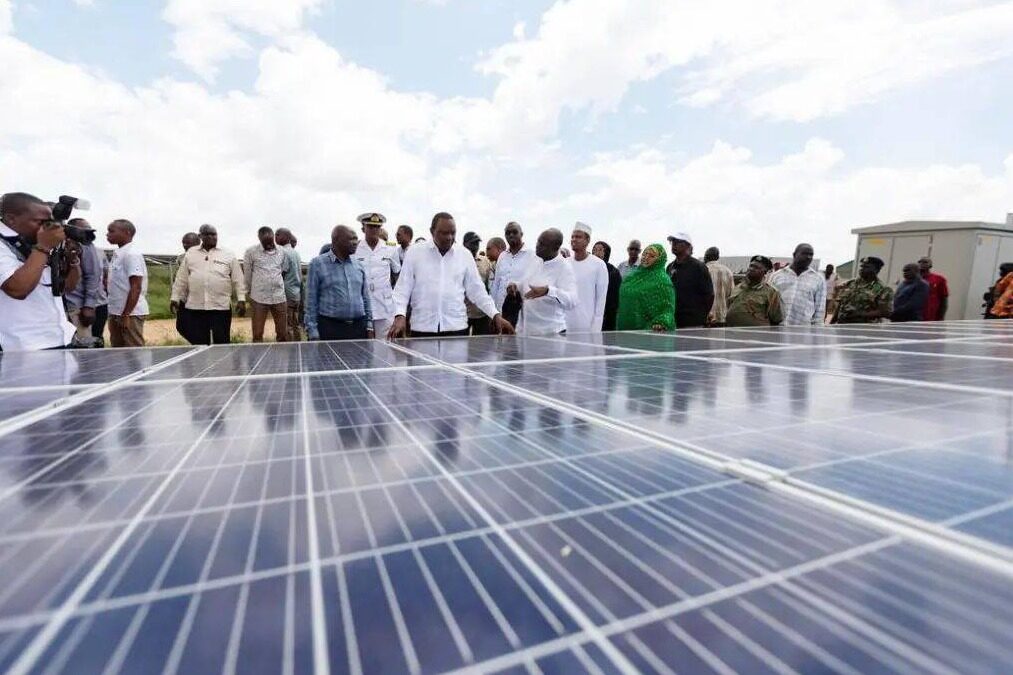
The world's energy transformation is accelerating and the renewable energy industry is booming. Africa is facing a triple energy dilemma: how to ensure sufficient, affordable and sustainable energy supply. As the world struggles to decarbonize, Africa struggles to industrialize and develop, and its population will explode. Fortunately, Africa has great potential for renewable energy, but fully exploiting it is necessary and full of challenges.
Currently, 600 million people in Africa still lack access to energy. While energy production has grown, so has the population, and therefore the demand for energy. It is predicted that by 2050, the population south of the Sahara will account for a quarter of the total population of the earth. With population growth and industrialization, Africa's energy demand is expected to increase by a third over the next decade. To meet this energy demand, Africa's power generation capacity will need to increase tenfold by 2065.
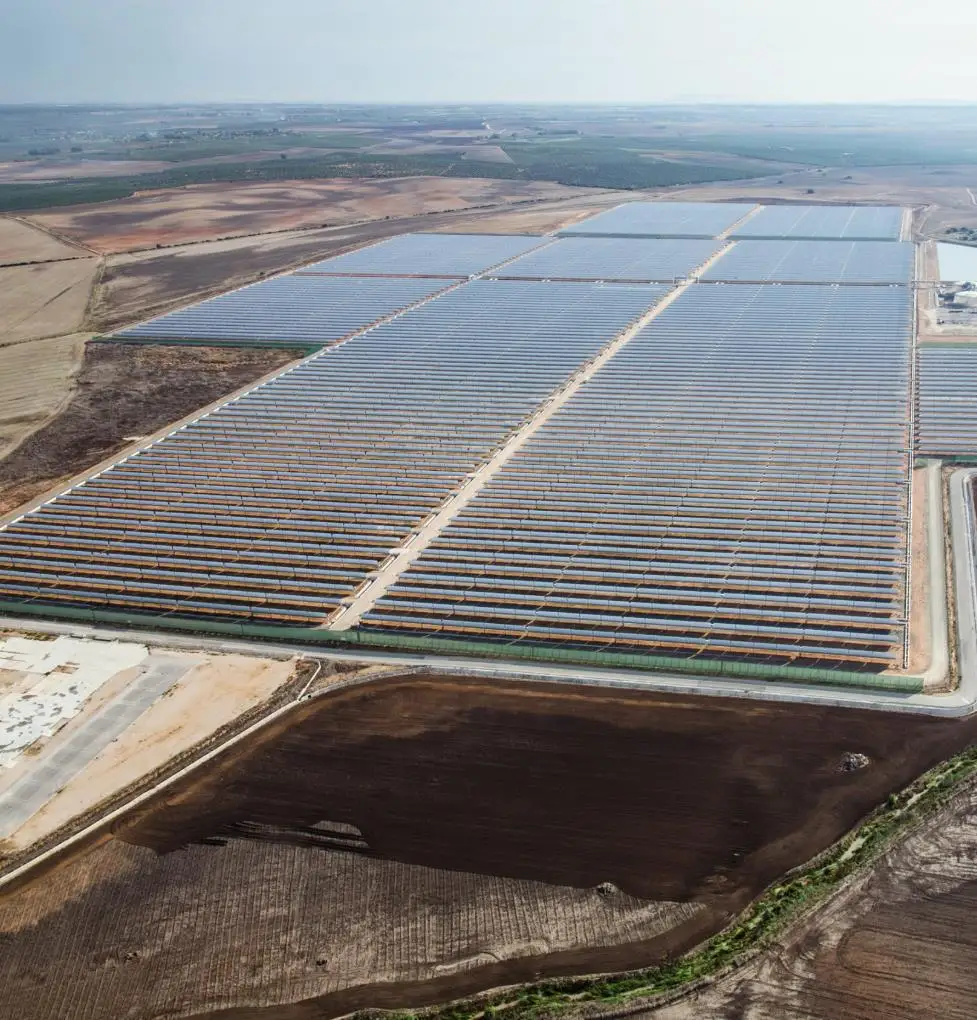
The need is great, but so is the opportunity. Africa has huge potential for solar, wind, hydroelectric and geothermal energy. A recent commentary by Sebastian Sterl, a senior fellow at the World Resources Institute, pointed out that African leaders will face five major challenges in order to solve the triple energy dilemma and rationally develop clean energy:
The Real Cost of Renewable Energy
While renewable energy is competitively cheap energy to the rest of the world, that is not necessarily the case in Africa. Investors view most African countries as relatively risky compared with the rest of the world, meaning they demand higher returns to justify the investment, Stehr said. So power plants have to charge customers higher electricity rates to break even. Addressing this challenge requires strategic steps to de-risk investments so that energy is accessible to low-income consumers.
Variability
This challenge is far from unique to the African continent. No matter where in the world, the sun doesn't shine all the time and the wind doesn't blow all the time. Wind and solar energy are produced according to changes in the weather, while fossil fuels can be produced and consumed according to demand. As a result, variable energy sources place additional stress on the grid, requiring a resilient smart grid to handle differences between supply and demand. In general, African countries lack such infrastructure. Many African grids are not well developed, and without proper support and development, doubling down on wind and solar investment could exacerbate rather than improve energy security issues.
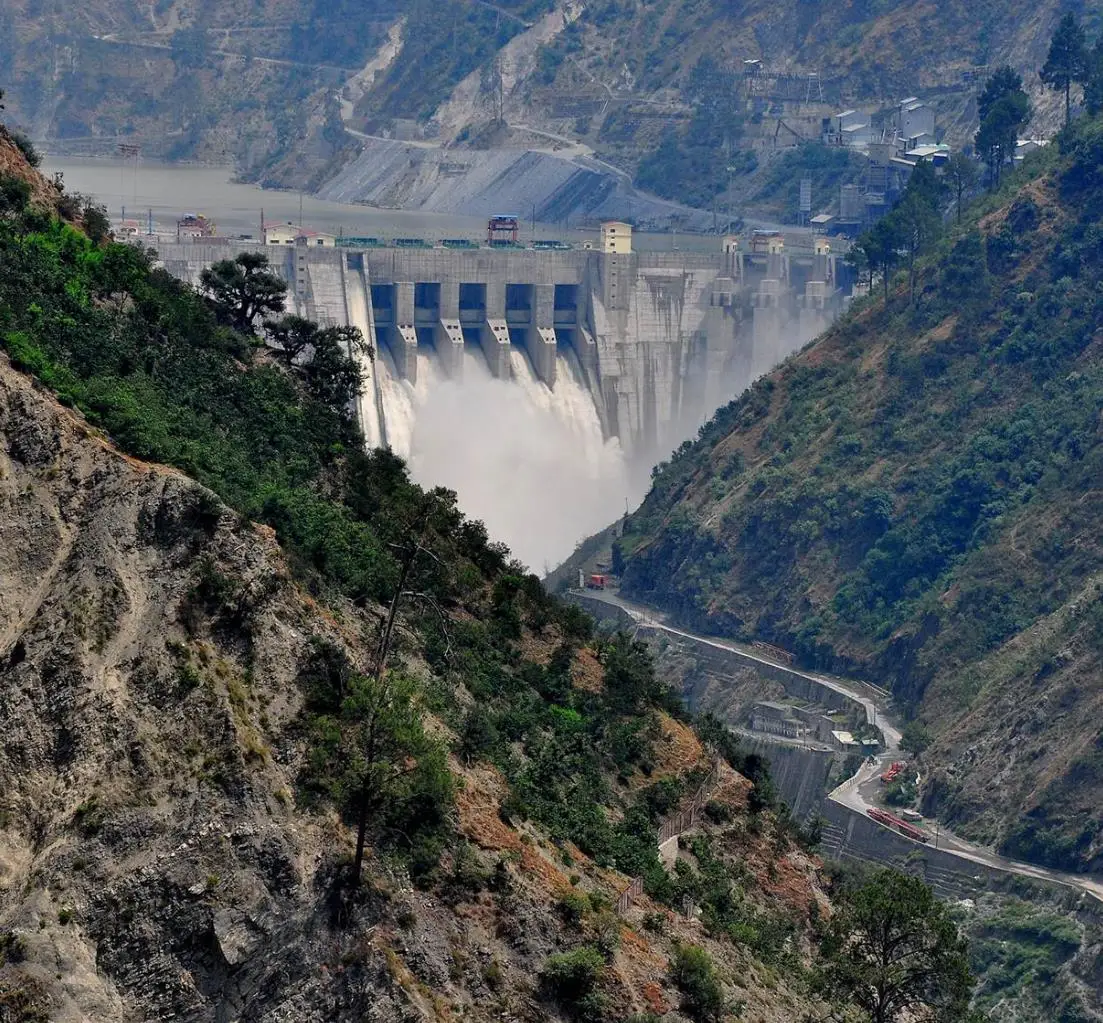
Supply and demand matching
Around the world, power companies depend profitably on large commercial and industrial customers with reliable demand. This poses a challenge for countries that lack an industrial base. Many sub-Saharan African countries lack a strong industrial base, and at the same time, utilities need a large number of low-consumption customers, Stehr said. This all needs to be done while electricity prices remain affordable. This will pose a major challenge because industrial growth requires a strong grid and a strong grid requires a strong industry. To turn this vicious circle into a virtuous one, significant policy support and economic incentives must be provided.
Leapfrog fossil fuel use
In order to decarbonize, Africa needs to electrify and find alternative fuels, but fuel consumption in Africa has only just begun. So moving beyond the next stage of development—increasing fossil fuel consumption and natural gas transportation to create a strong economy—will require a new approach to the green energy transition. It's also a tricky area morally, as many leaders in developing countries believe their countries should have the same chance to grow their economies as developed countries before embarking on an unaffordable green energy transition.
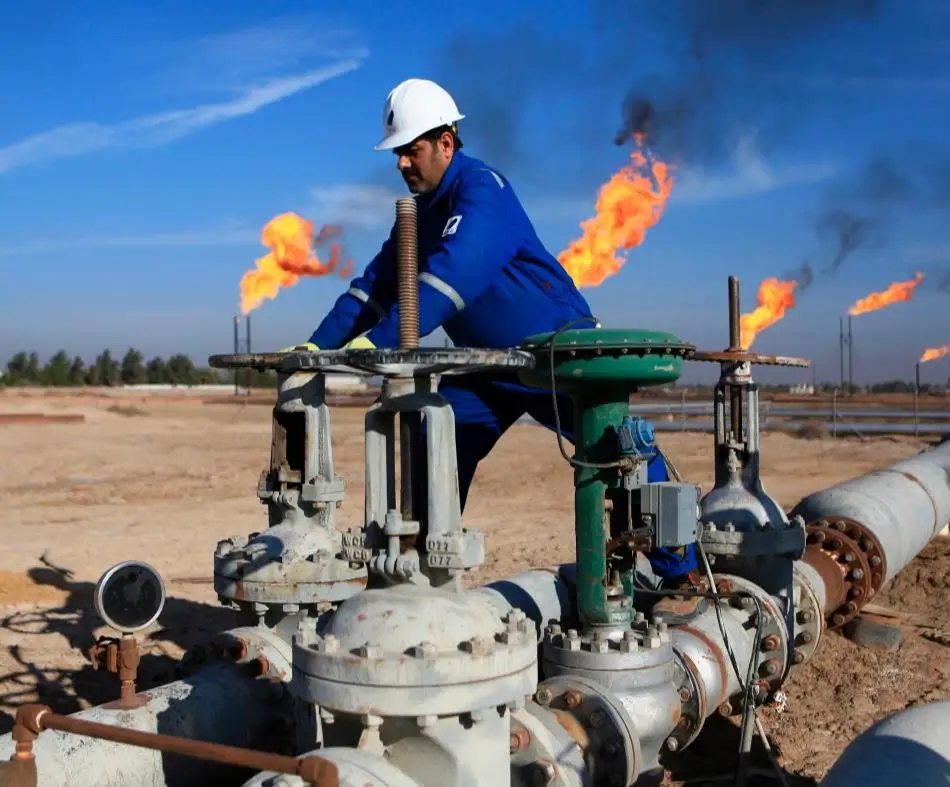
Petroleum and natural gas
Africa has abundant oil and gas reserves that can support local economies. Many African leaders insist that they should be allowed to tap these resources without being pressured by countries that have grown rich from fossil fuel reserves and are poised to decarbonize. But as the world moves away from oil and gas, African countries could risk stranded assets if they invest in new oil and gas infrastructure. Furthermore, studies have shown that developing African oil and gas will not solve Africa's own energy poverty. Annoyingly, 89% of the LNG infrastructure being built in Africa will be exported to Europe to help wean them off Russian gas.
Decarbonization is especially important for Africa. Seven of the ten countries most vulnerable to climate change are in Africa, so for every ton of CO2e added, Africa will be disproportionately affected. The injustice of this situation cannot be overemphasized: Historically, Africa has accounted for only 3% of global greenhouse gas emissions. But allowing African countries to pollute freely is clearly not the solution.
Africa is uniquely positioned to enter an era of uncertainty in the global energy sector, posing major challenges for policy planning. However, if the above challenges are considered and properly planned, the continent can seize the opportunity of clean energy. Editor/Xu Shengpeng
Comment
 Praise
Praise
 Collect
Collect
 Comment
Comment
 Search
Search



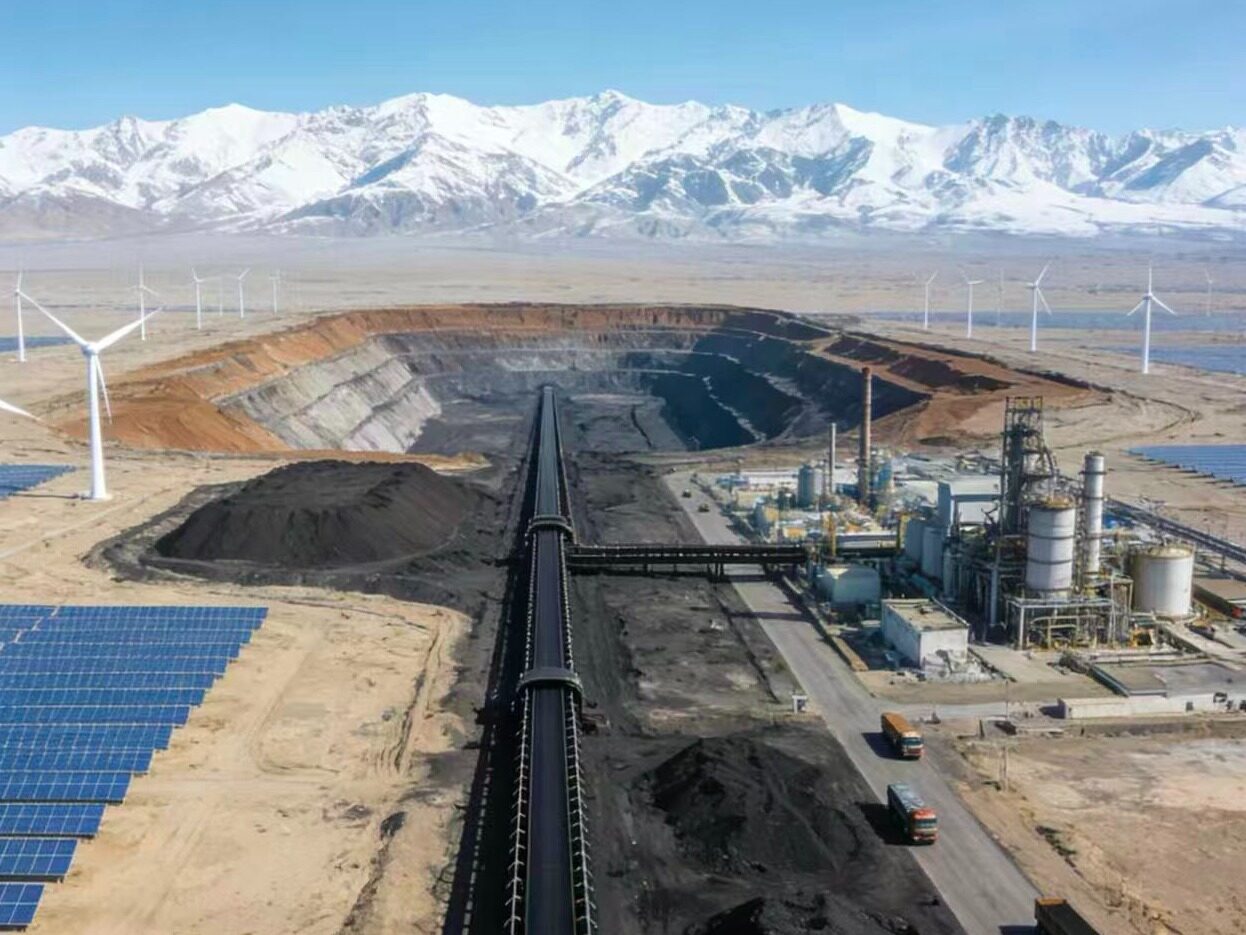
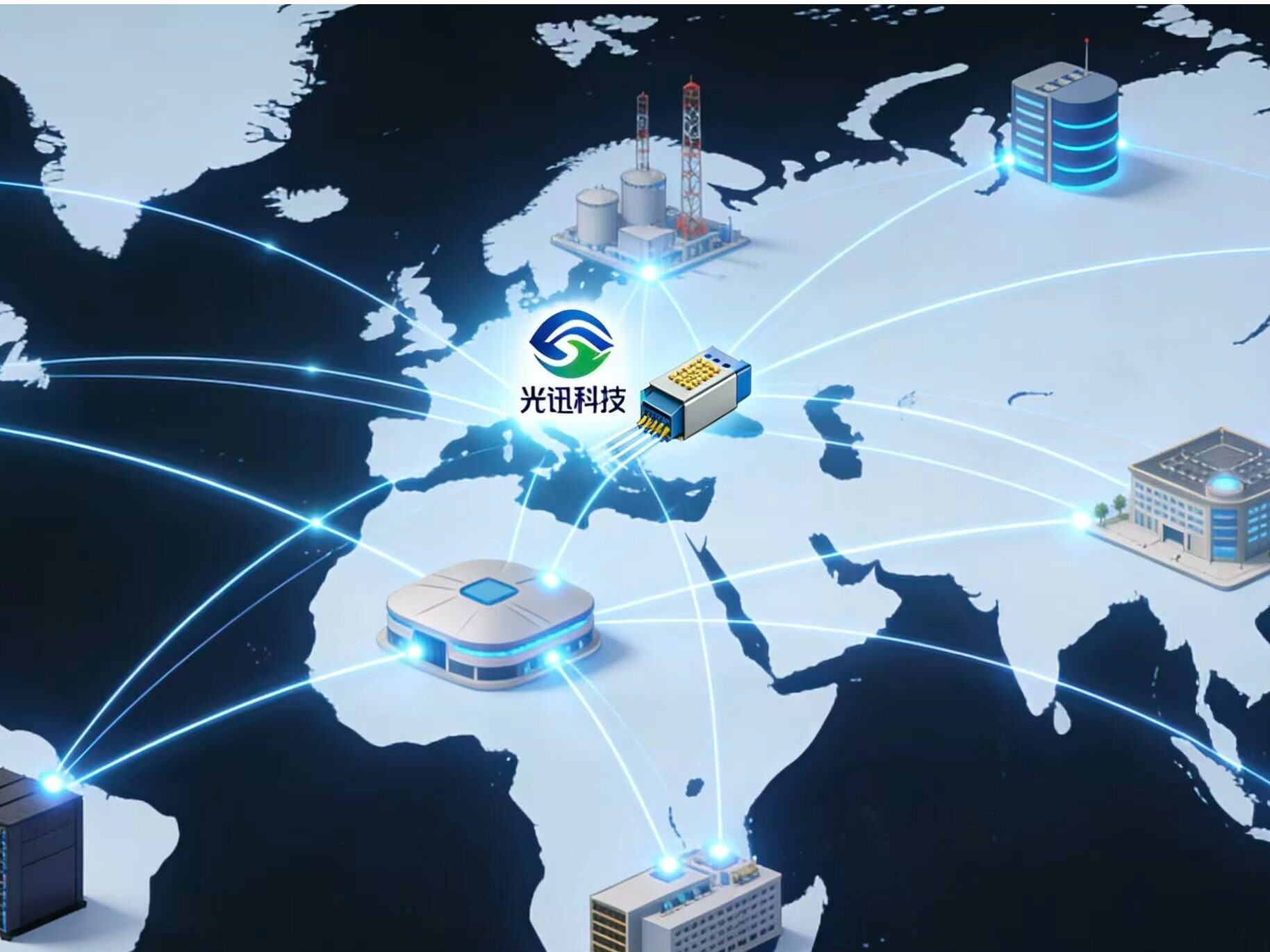
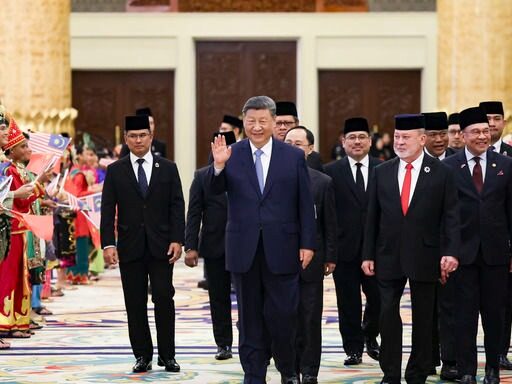

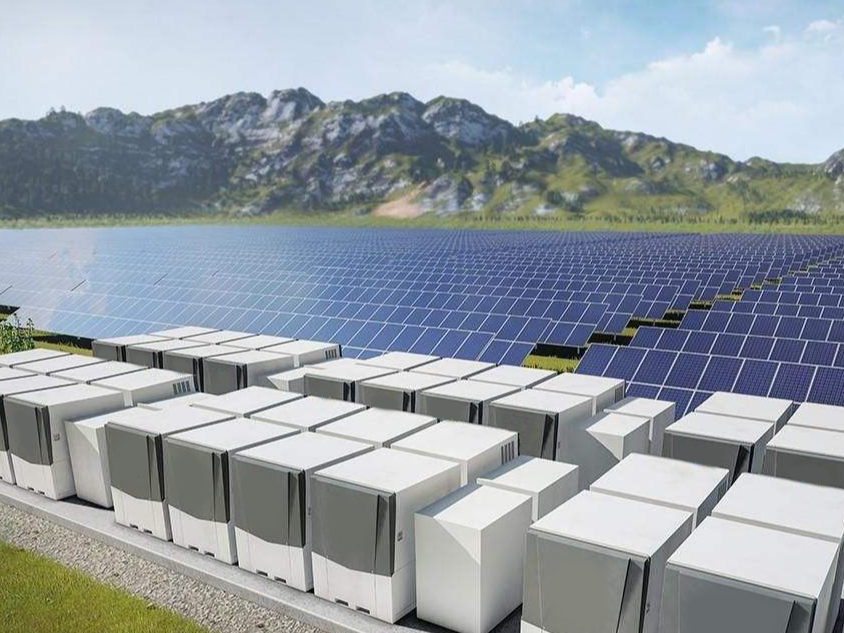






Write something~